Mereba and the Never-Ending Story of the Jungle
On her latest album, The Jungle Is The Only Way Out, Mereba identifies a new chapter in a story that’s still being told.
This interview originally appeared in She Shreds Magazine Issue #19, released December 2019.
Growing up between North Carolina and Philadelphia, with an African American mother and an Ethiopian father, Mereba credits her friendliness and warmth to her childhood in the South. Her Southern upbringing also inspired her to learn guitar from folk, country, and blues records. “It’s that soulfulness,” Mereba says, musing on the connection between her background and her new album, The Jungle is the Only Way Out.
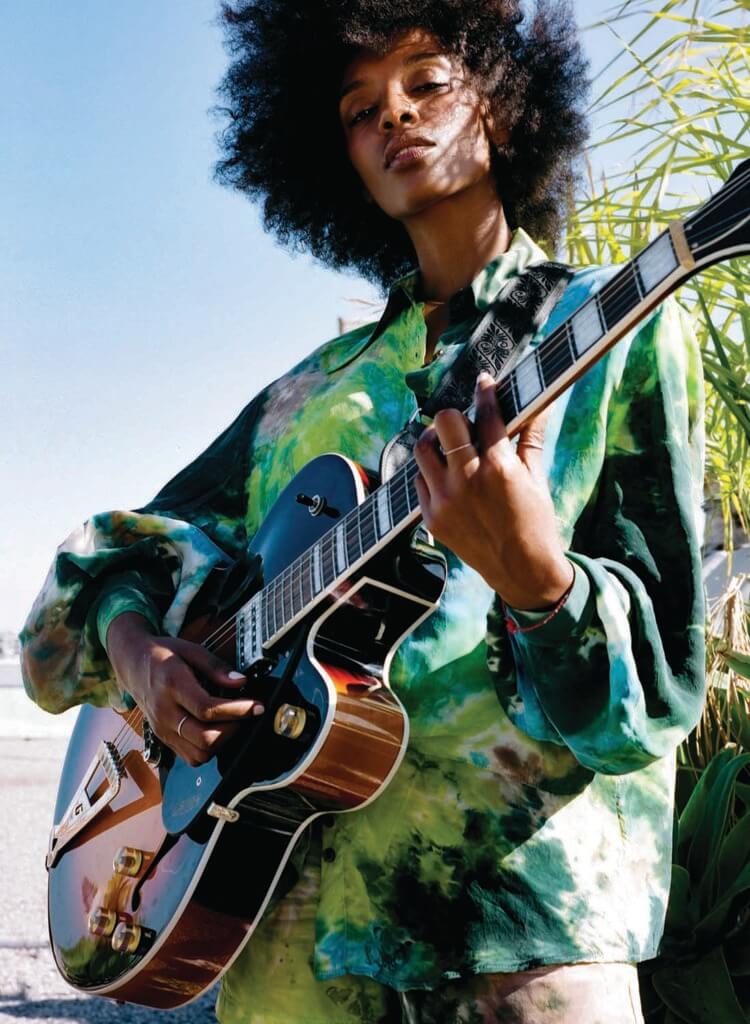
Blending folk with hip hop and R&B, Mereba’s new album pairs expressive vocals with impressive rap skills, and beautiful love songs with tracks about police brutality and the legacy of blackness in America. Often, the album catches you with a line or harmony that bops, sticking in your head long after the song has ended. It’s all part of the never-ending story Mereba is ready to tell on what the jungle is—and could be.
The album begins with “More,” an opener that touches on needing to do or feel more, of wanting more but not being able to get it. Why was it important for you to start the album this way?
I’m basically saying that I want more out of myself. The rest of the album is pretty external, reflecting on my relationships with other people. But I wanted to start the album with a reminder to myself. Whatever journey I’m about to embark on, I never want to forget these basic things that make up who I am as a person. It’s like when you’re going through rough times—you forget the best parts of you. “More” is a mantra that reminds me there’s still more for me to do, and to keep trying.
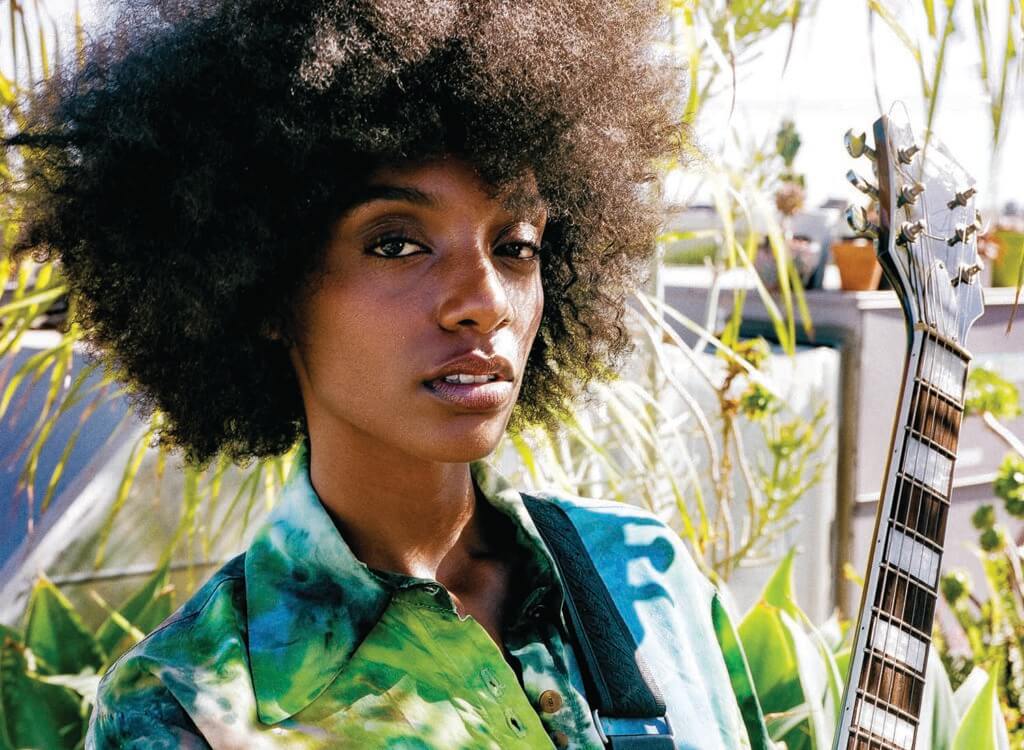
Your song “Black Truck” brings to mind Tracy Chapman’s “Fast Car.” There are also nods to the legacy of hip hop in the South and the folk music tradition. Can you talk about the ancestry of influences in your music?
In terms of my musical ancestors, Tracy Chapman is a major one for me. I was always in love with her voice as a kid. I remember it being so striking. Tracy showed me an example of a black female folk singer who made it into the mainstream and didn’t lose the integrity of the stories she was telling. I still look to her as an inspiration. Stevie Wonder was also a big influence. He was my mother’s favorite artist, so I grew up listening to him a lot. There’s Lauryn Hill, Erykah Badu, Bob Dylan, Joni Mitchell, the Roots.
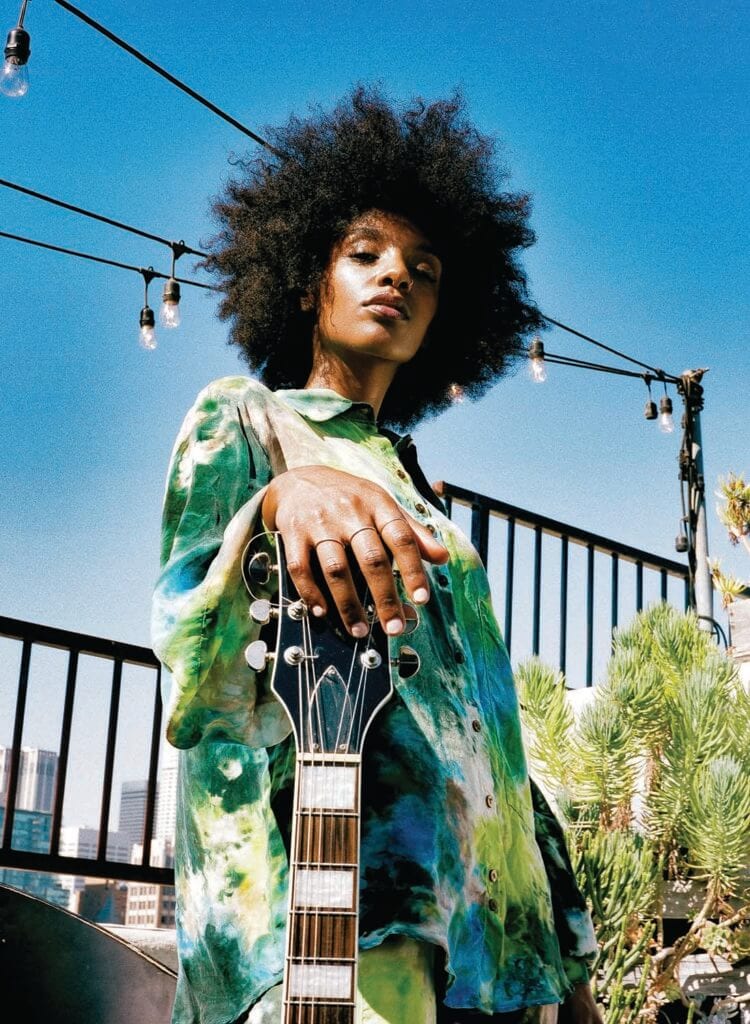
Outside of music, I was so inspired by Nelson Mandela and wanted to be like him as a kid, but through music. I also have a link to [civil rights activist] Miriam Makeba. I was given a name that sounds similar to hers. What inspires me is an artist with a unique perspective. I’m drawn to people who have a purpose in what they do.
Thinking about the idea of art having purpose, you have songs on the album that focus on specific issues. “Heatwave” and “Kinfolk” look at how communities come together, and can also be torn apart. “Get Free” examines the challenges of making enough money to survive. Did you know you were going to be examining these issues before you started recording?
Nothing about this album was intentional. Each song was born out of what was happening in my life at the time. “Heatwave” was written after Ferguson and the death of Mike Brown by the police. “Get Free” came out of struggling for money—I was dead broke, working all these jobs, and I couldn’t catch a break. I was thinking about our relationship to capitalism and how living check to check makes it impossible to find what’s making you feel free. It all comes from natural questions I’m asking at the time.
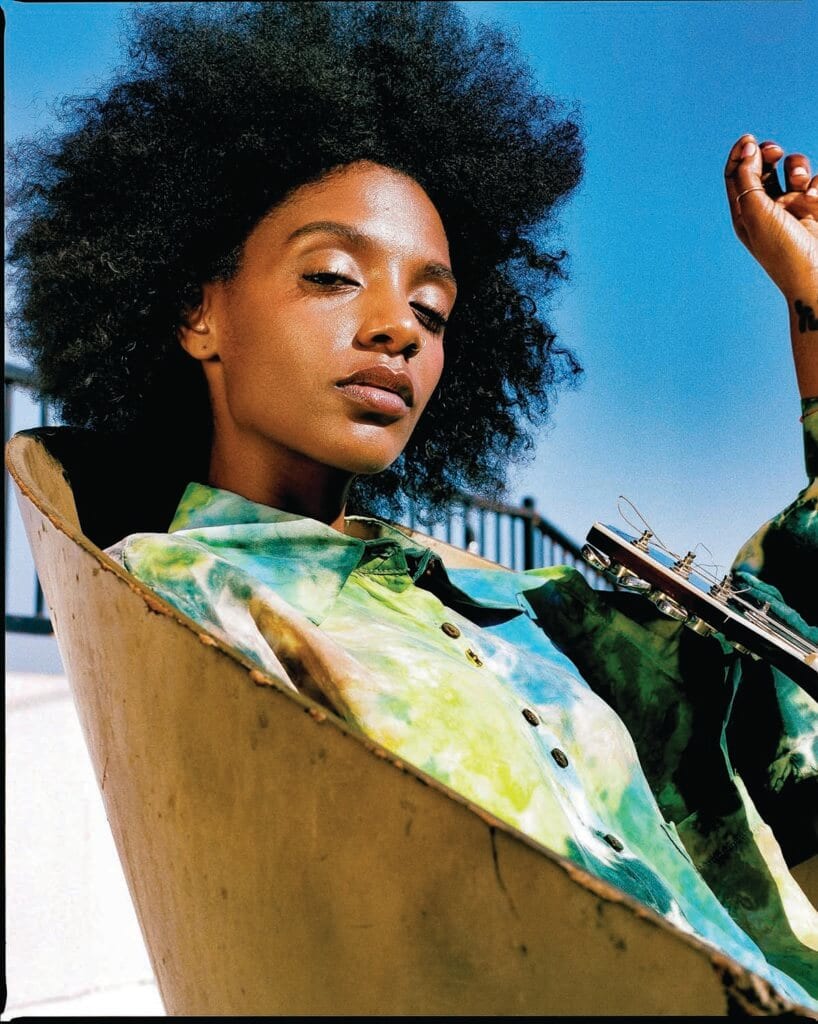
The title of the album, The Jungle is the Only Way Out—do you mean going back to the roots or towards the chaos of the future?
Yes, all of that! The jungle is so many different things. I came up with the album title while walking to the train one day, on the way to my old day job. I felt like my life as I knew it was in the midst of falling apart. A lot of what I held on to for stability was changing around me. But I also felt strangely empowered by the chaos, almost like it was daring me to make it out alive and prosper. It just clicked—the only way out of this chapter of my life is through it. The jungle represents that chaos, confusion, and mystery.
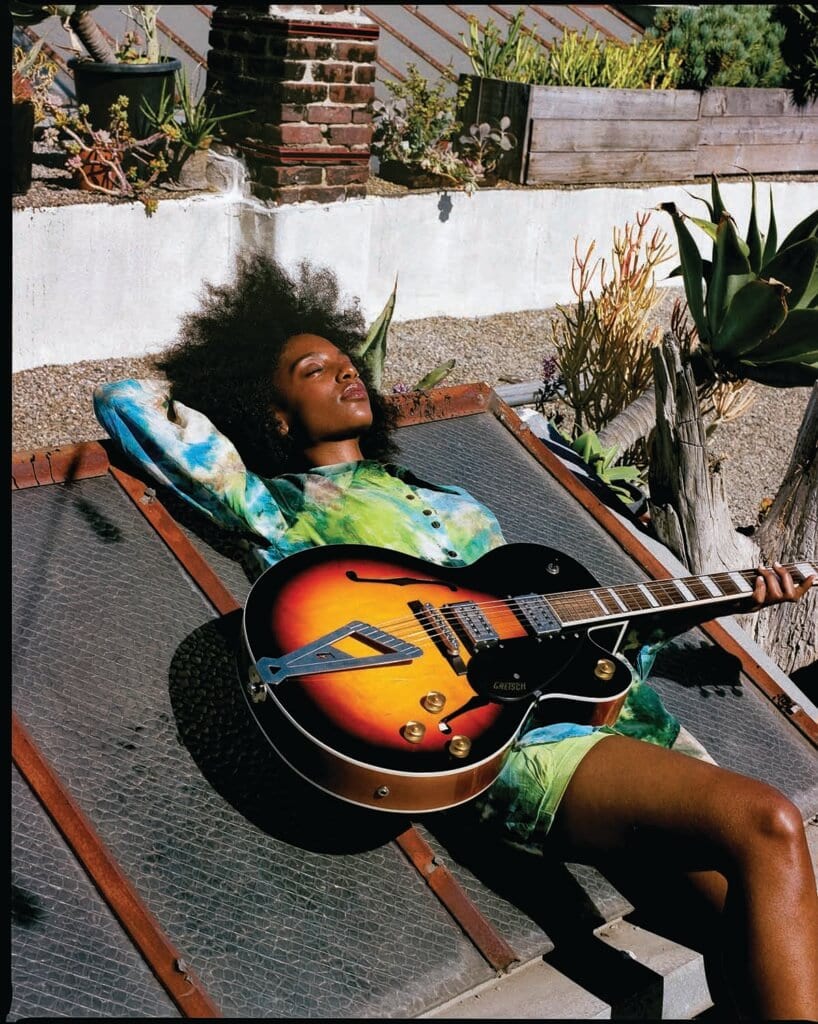
What’s your approach to instrumentation? Did you invite musicians in or do most of the arrangements yourself?
The music and the words were born at the same time. I wrote “Highway 10” first. It was the first beat I made on my laptop. I added guitar to it and realized it was a cool song. So when I came to LA, it was the only song I had ready, and a year later I met Sam Hoffman. He’s an incredible guitar player. He went to school for jazz guitar. We were both looking to become stronger producers and we came from the live music world. We started exchanging sounds and making beats. I played him the demos I was working on and he was like, “These are dope. I’d like to work with you on them.” So he did a lot of the instrumentation with me on the album. He was the guitarist, keyboardist, and even bassist on certain songs. We brought in other live players, but for the most part, it was Sam and I producing.

Do you have gear of choice when you are recording?
My primary guitar is my Gretsch Streamliner G2420, which I used on the album. It has a beautifully warm sound naturally. I produce in Ableton, so for my part of the production, I used my computer’s keyboard as a MIDI controller for a while, and then a small AKAI MIDI controller. Sam used his semi-hollow Carvin SH550 with humbucker pickups, and his Mexican Fender Stratocaster, and recorded the electric guitars direct in using the UAF and Wave amp modelers. We also both used Sam’s Taylor Grand Concert acoustic guitar, the Prophet Rev 08 analog synth for layers, and heavily used the Massive and Arturia synth plugins.
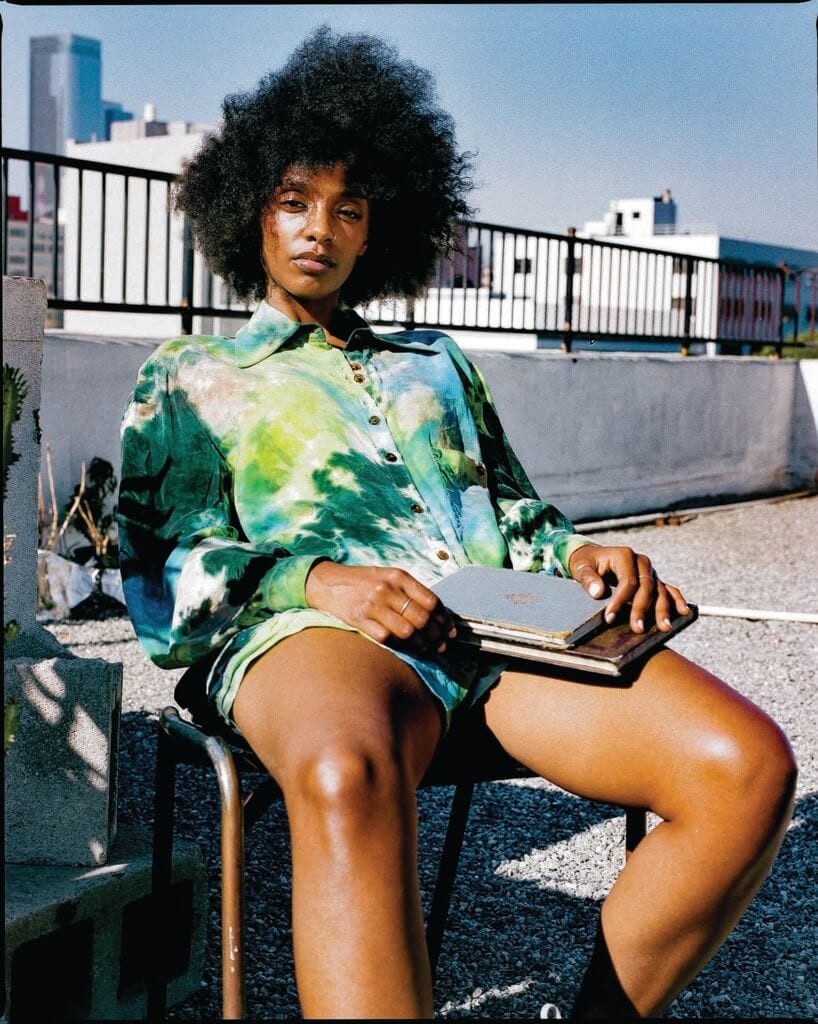
Thinking of the album as a whole, did you know you wanted to tell a complete story or was it more about putting it together track by track?
When it came to putting the album together, most of the songs I selected stayed. It wasn’t intentional when I was writing, but when I looked at them all together, there was a story. I knew I wanted “Kinfolk” to be the first song, but also I knew that the album had no end. Because I’m still here and the album is just a glimpse into a particular time of my life.
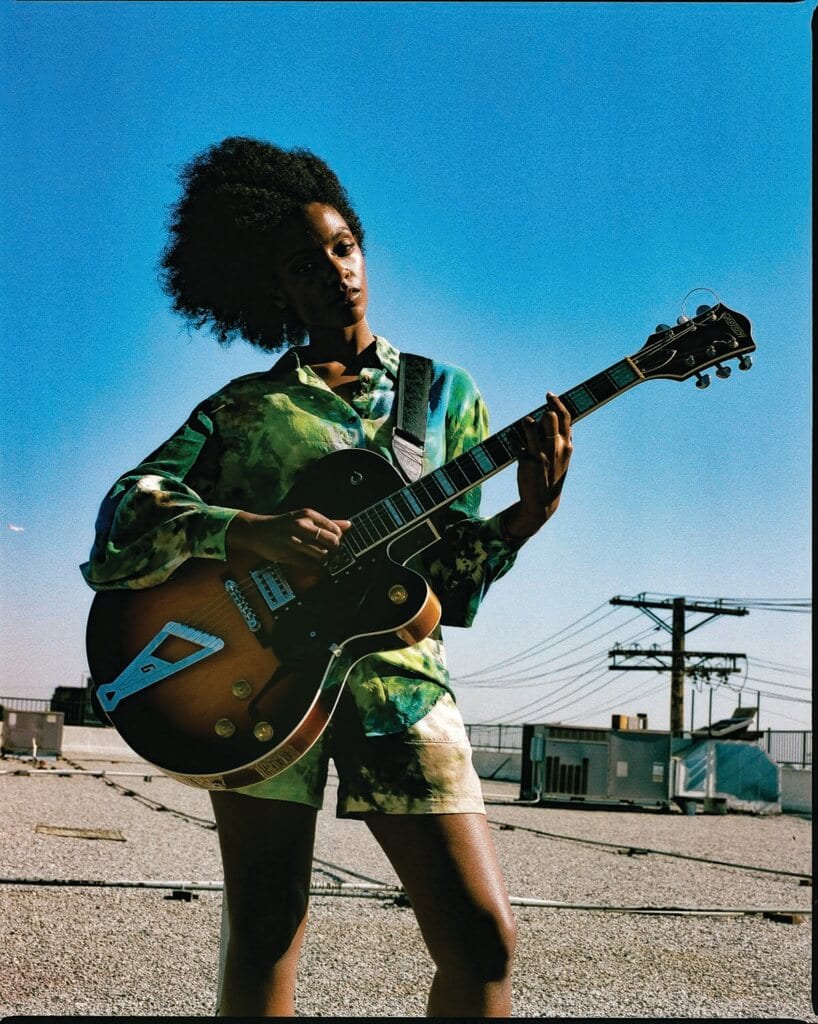
You’ve recently released some stunning visuals to go with several tracks on the album. What inspires you when creating a video or visual?
When I first moved to LA, I met artists who opened my mind to how visuals can be tied to music. I aligned with visual artists who taught me a lot about photography and imagery. So when it came time to create visuals for “Black Truck,” I knew I wanted it to be more abstract. I got together with the twin brothers Jalan and Jibiril Durimel, photographers who also direct, and [collaborate under the name Durimel]. We came up with this idea of an ode to my black ancestors and taking the idea of a black truck and making it more metaphorical.
I enjoy when there’s mystery visually and it’s not an obvious treatment of the song. Between Durimel and [director/photographer] Dawit N.M., who did the visual EP, I feel like we’re all from the tribe. The song is kind of dark and we all wanted to capture blackness in a beautiful way, but also never let go of the darkness.
You’re recording new music in Jamaica and you have a Tiny Desk concert coming out soon—what’s next?
I love NPR and did back up for a Tiny Desk concert before I did my own, so I know what the set up is like. It was a great experience. Everyone was so kind.
I’m working on new music, and I’m learning at the same time that I’m releasing new music into the world. As I change as a person, so does my music. I feel like I’m in a happier place and I’m lighter now. It feels like a new chapter in the same story that didn’t end.
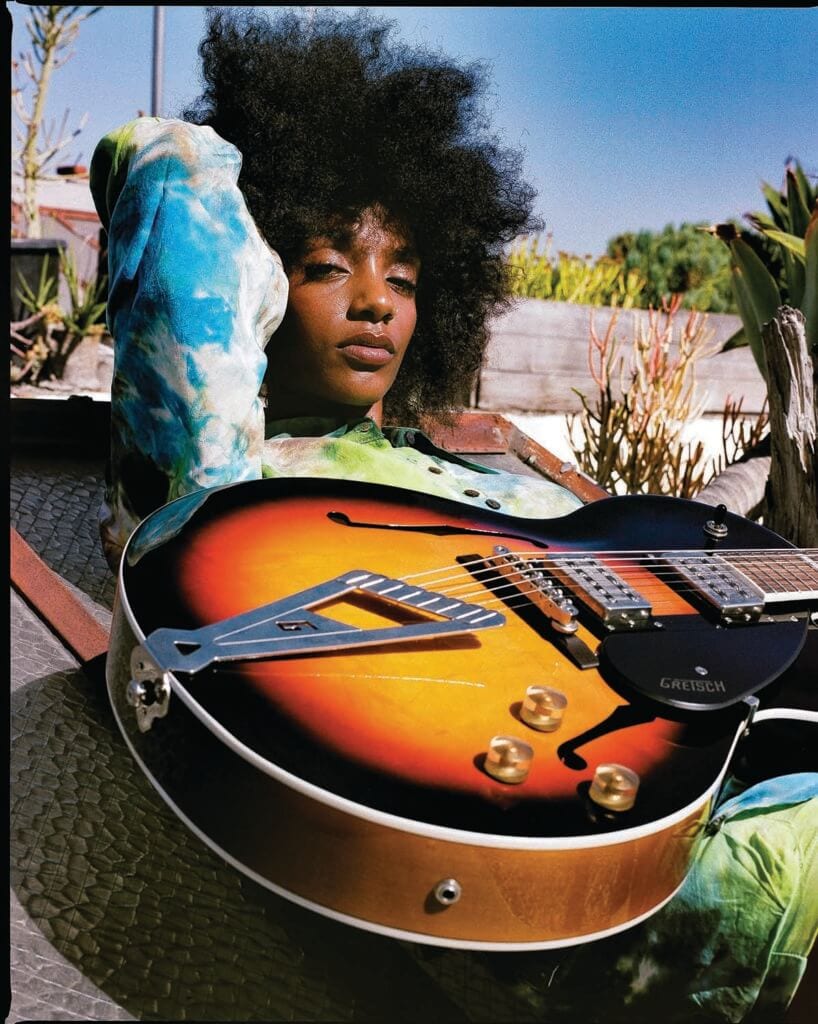
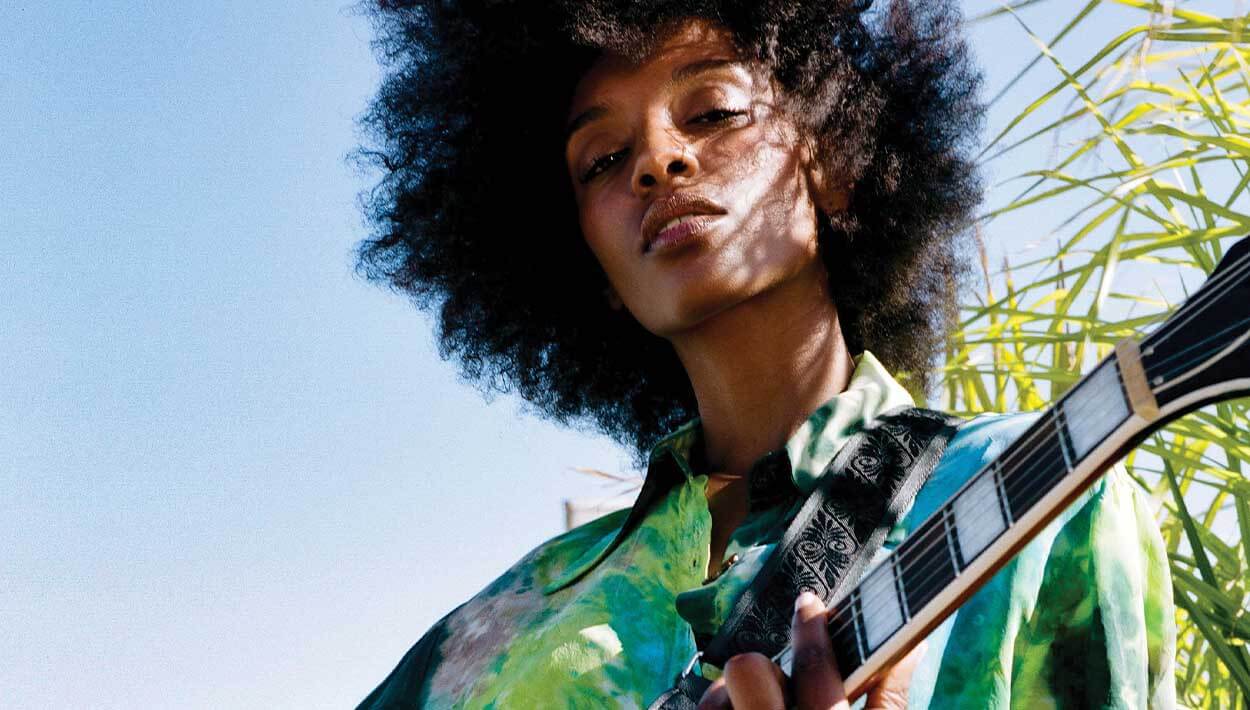

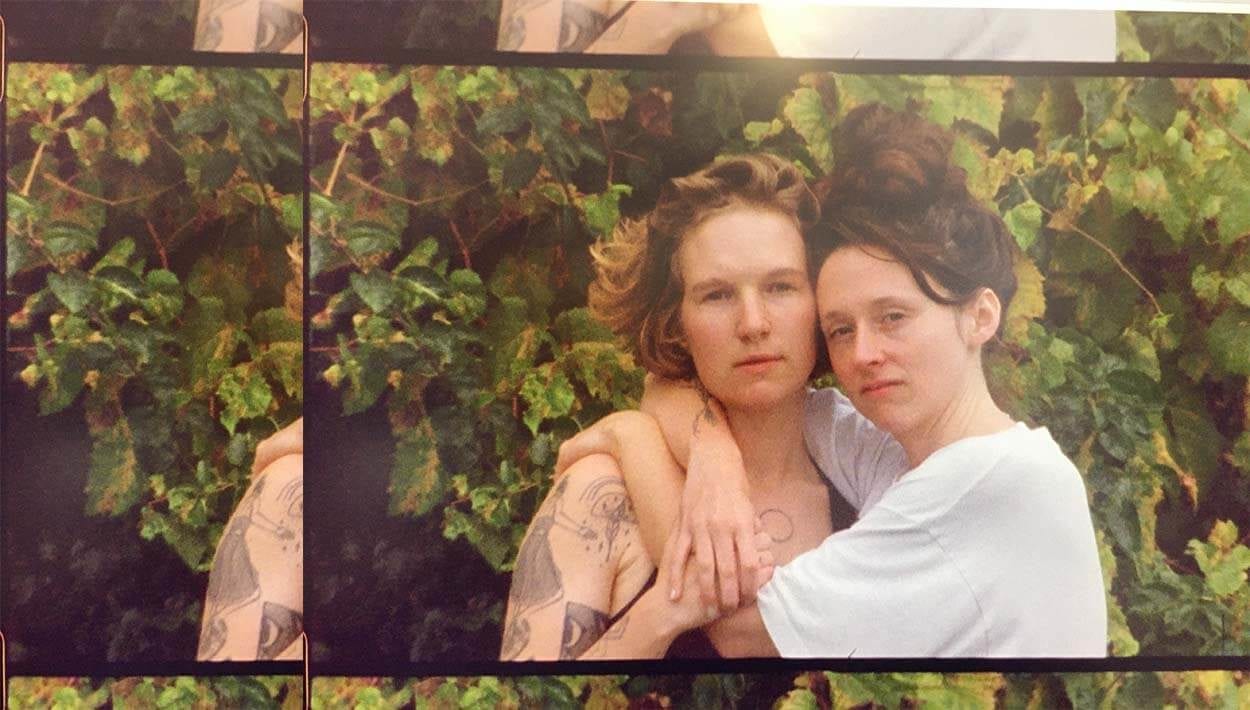
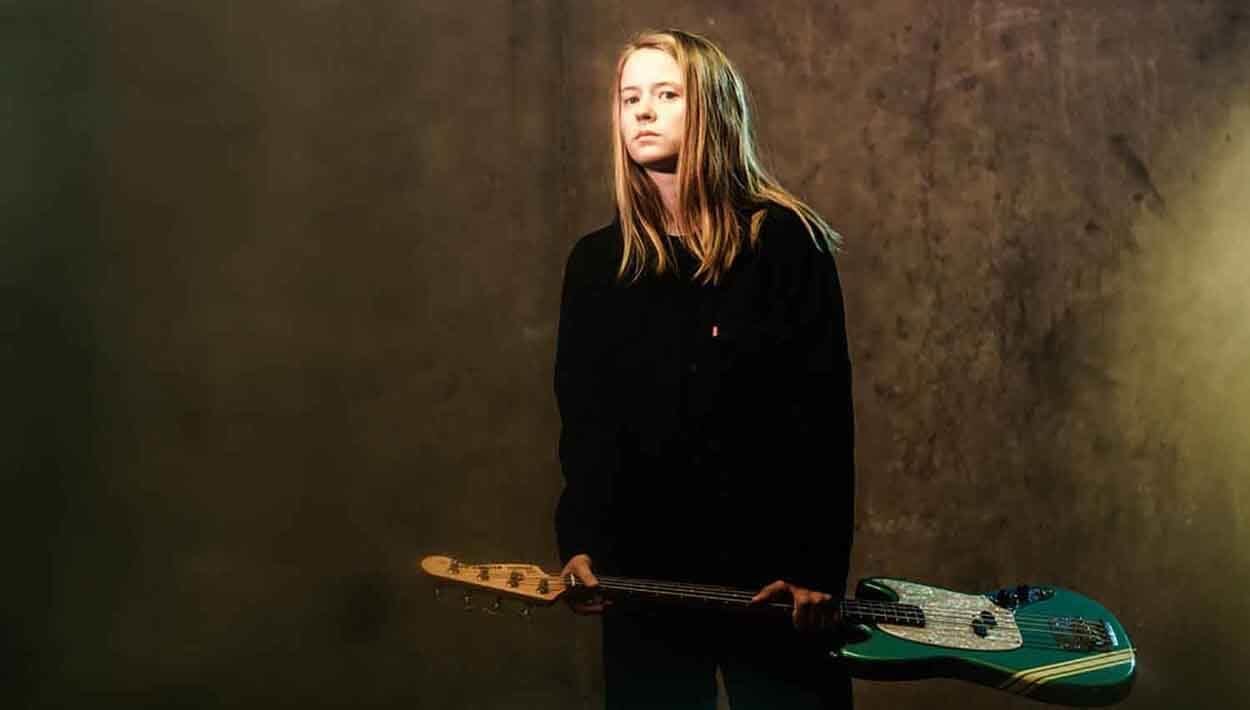
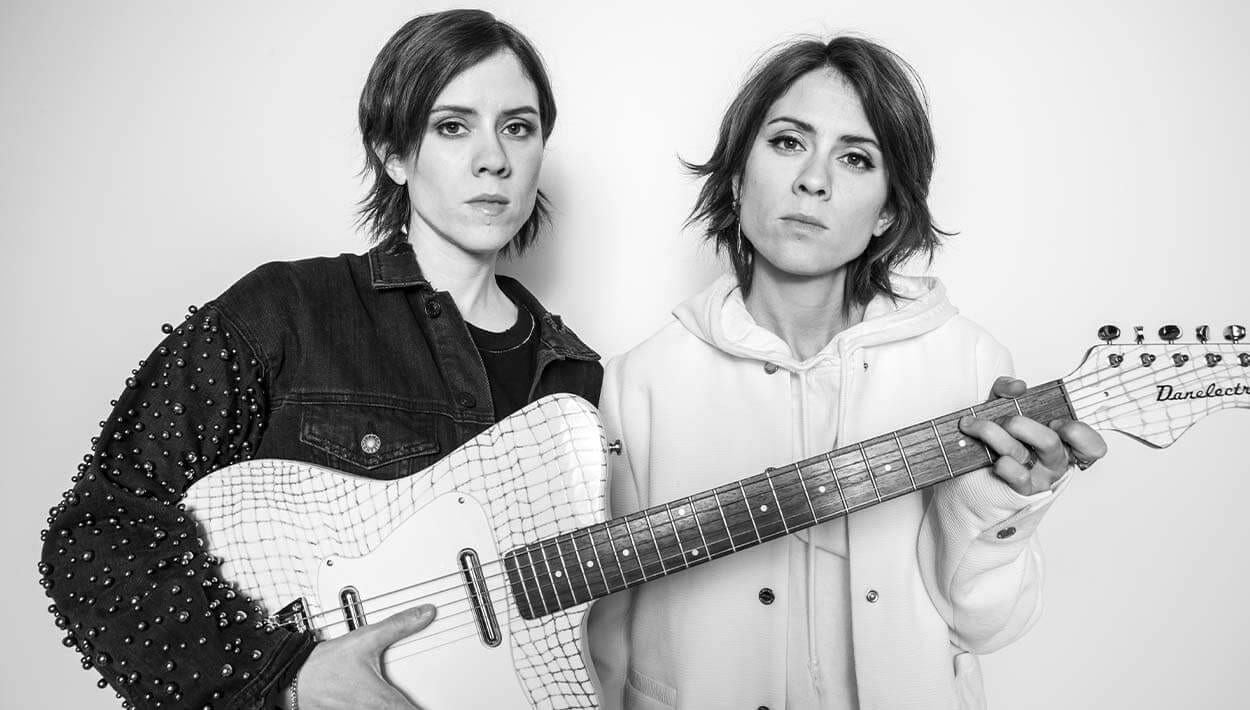
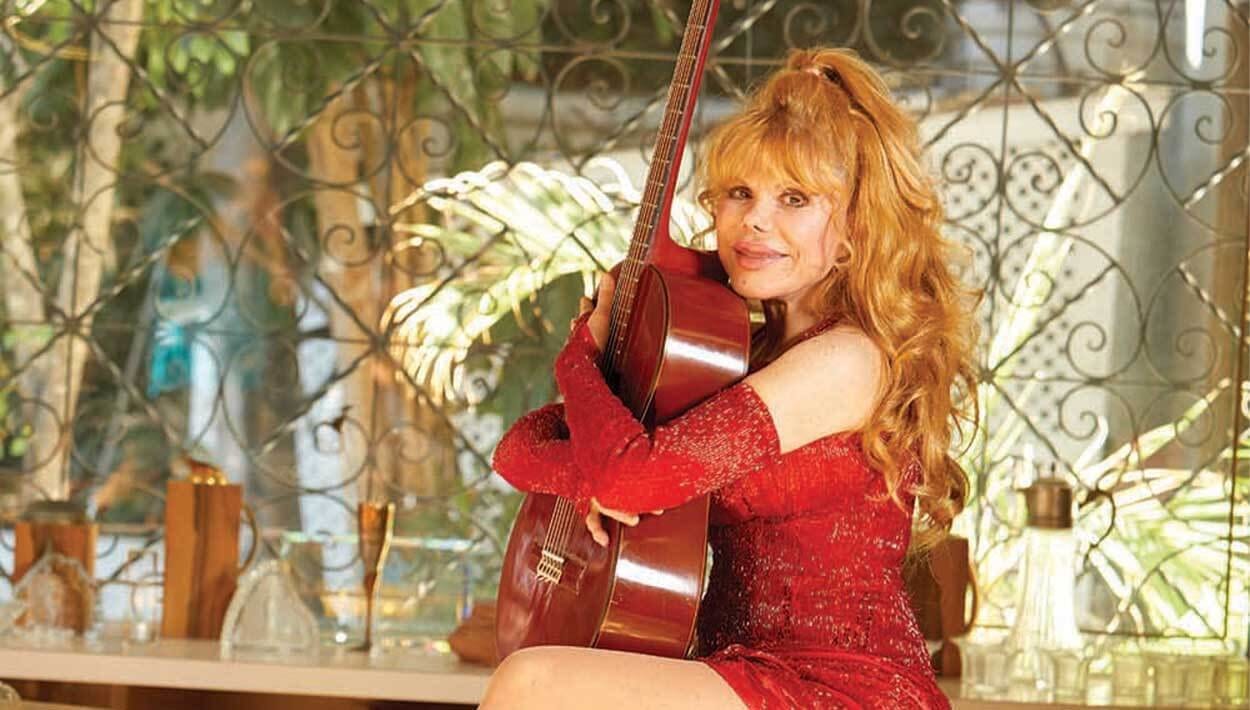
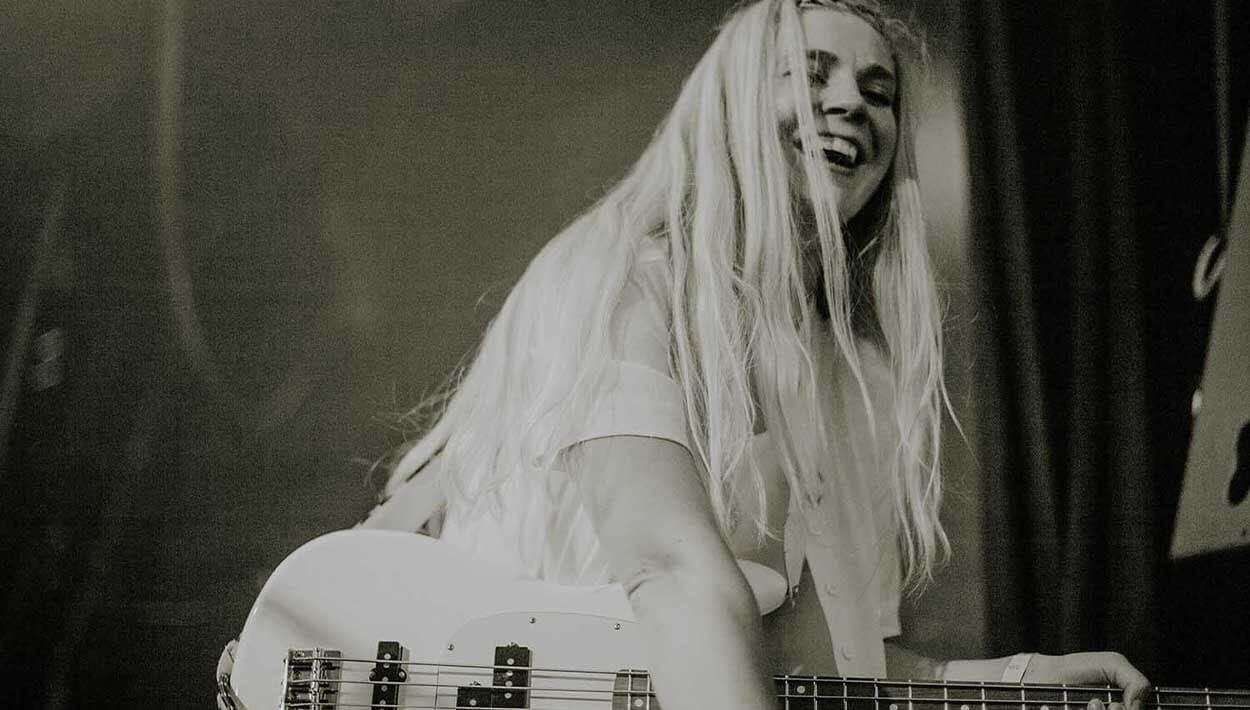
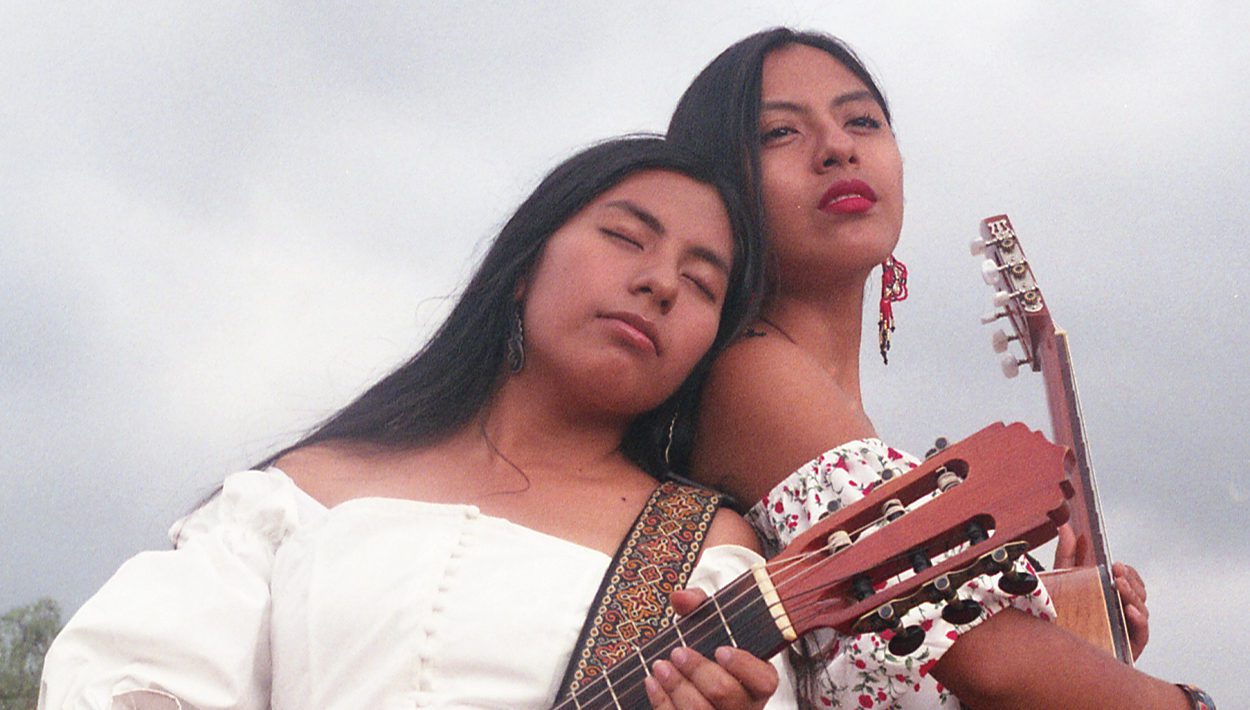
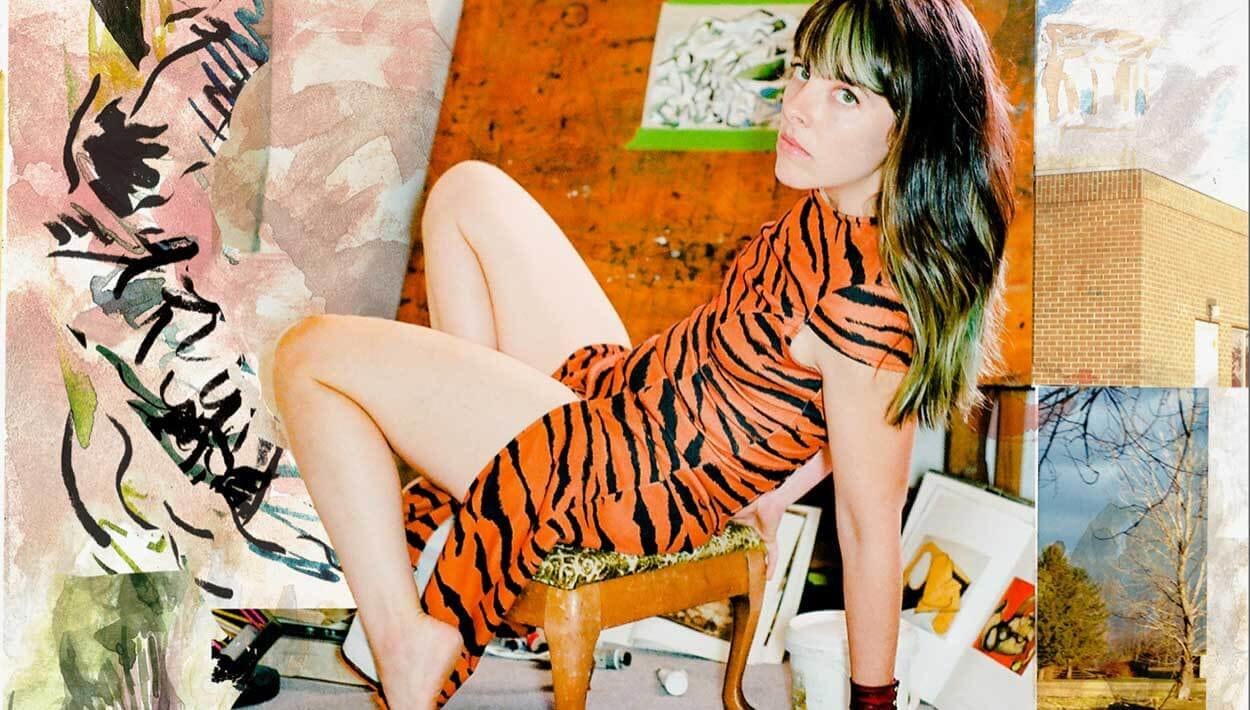
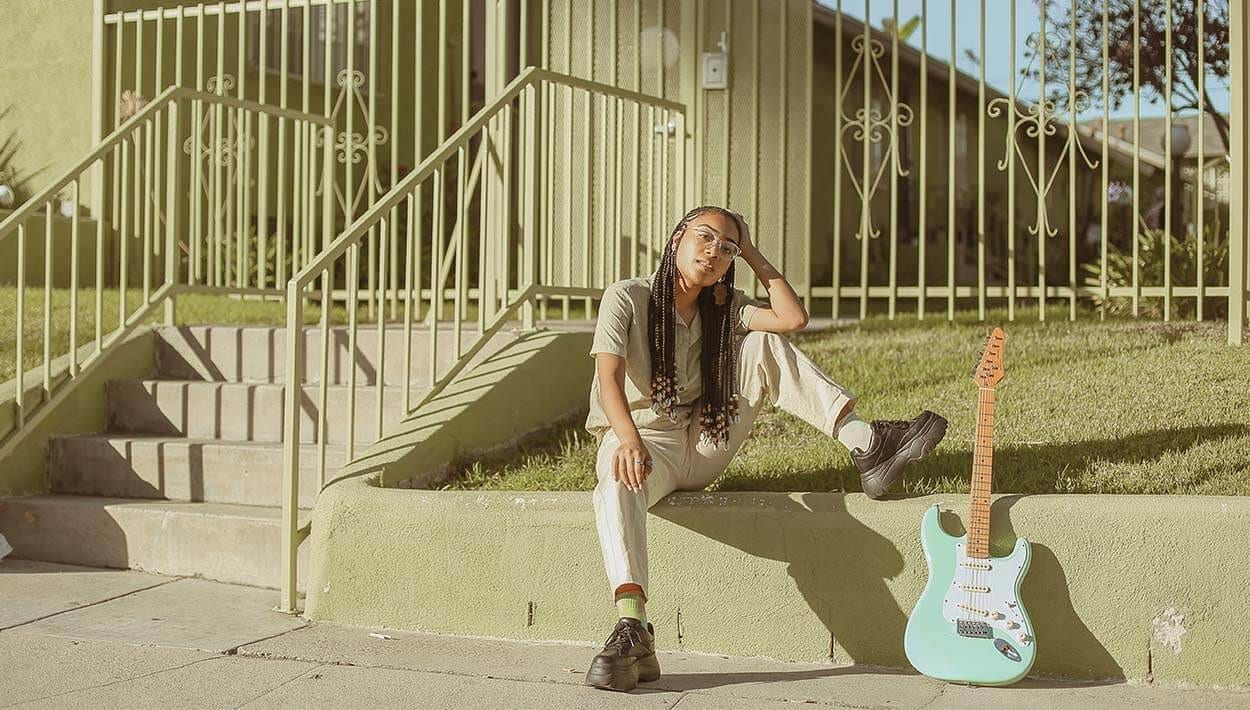
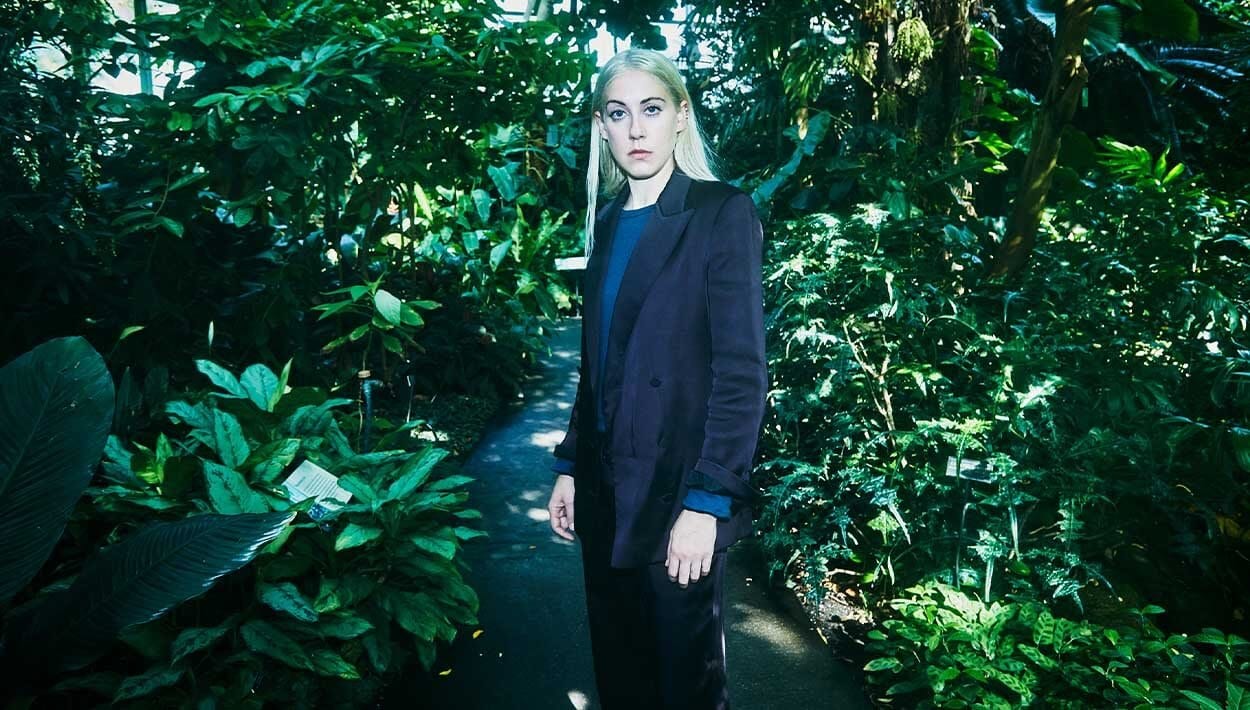
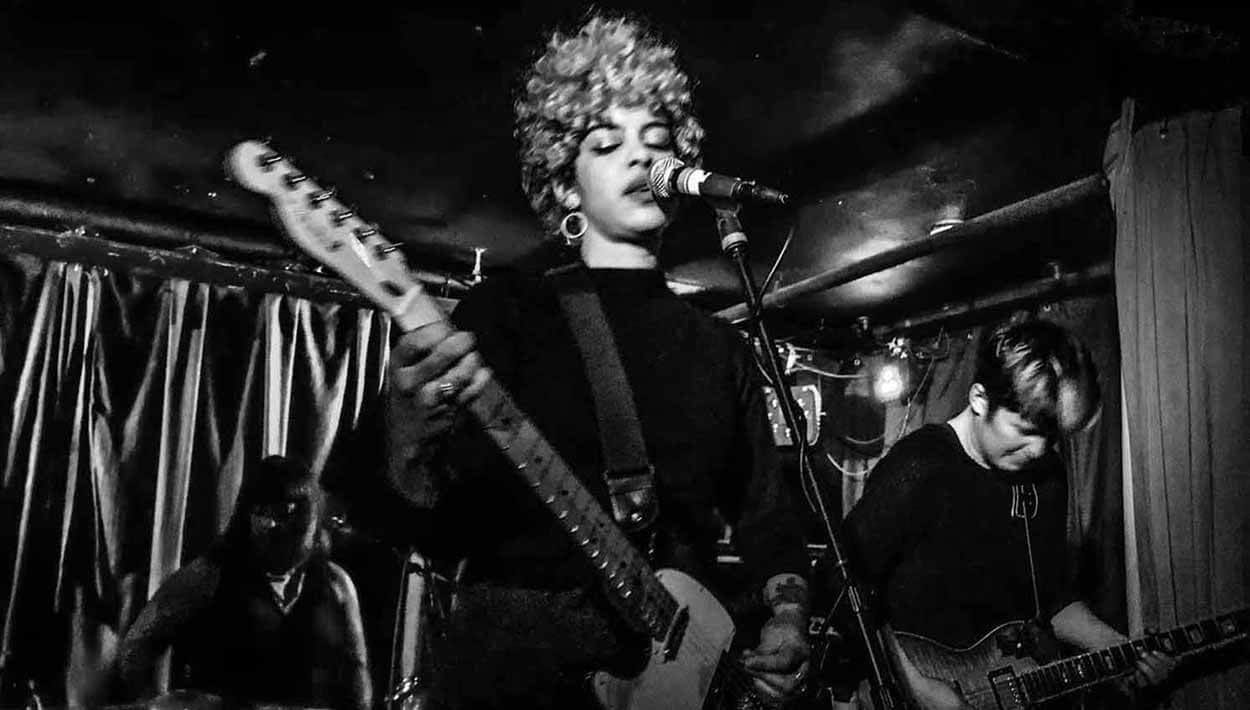


Comments
What an awesome story. Thank you for sharing. I am a creative director playing platform at https://aussielowdepositcasino.com/joo-casino/ and I am amazed by her style and singing. Her voice is brilliant.
Comment by Manila Clerck on August 30, 2020 at 8:31 amThank you for sharing. I work in https://mindepcasinos.com/ and highly agree with the author – she is brilliant singer
Comment by Hamish Bock on April 9, 2021 at 6:21 amGreat article. I will be sure to tell my friends. And I think you will like it. And you check out the information on the australian games site. It’s this page that I liked the most https://casinowis.com/betchan-casino-review
Comment by HelenMailo on May 20, 2022 at 8:46 amBe sure to read this review. You’ll love it. Because with these games you can not only relax but also earn.
Great article. I will be sure to tell my friends. And I think you will like it. And you check out the information on the australian games site. It’s this page that I liked the most https://casinowis.com/betchan-casino-review
Comment by NadiFiir on May 20, 2022 at 8:47 amBe sure to read this review. You’ll love it. Because with these games you can not only relax but also earn.
Great article. I will be sure to tell my friends. And I think you will like it. And you check out the information on the australian games site. It’s this page that I liked the most https://casinowis.com/betchan-casino-review
Comment by SergMomon on May 20, 2022 at 8:48 amBe sure to read this review. You’ll love it. Because with these games you can not only relax but also earn.
I love listening to someone play Vampire Survivors. It’s relaxing to listen to.
Comment by Swelf1940 on March 28, 2023 at 1:18 am